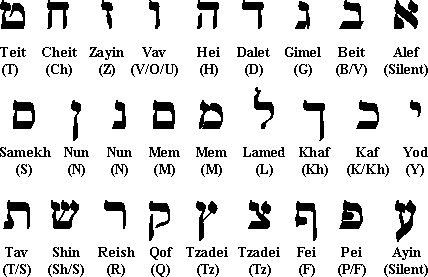When you you read one of the posts in this blog, there are several tools to enhance the usefulness of the post. The Labels tool is one of these.
The current blog text which you are reading is in a white box. To the right of the blog text is a light-green box. Scroll down to the small white box which is below the light-green box. This white box is Pages. The listed pages are Home, About this Blog, Statement of Faith, and Statistics. Clicking on the name of one of the listed pages will take you to that page.
Home: At the end of the current posting which you are reading, there is a light green box with the name of Labels. These labels concern the subjects related to the current post at hand. An example of a label is "animals." Click on "animals" and the Labels tool will call up blog postings which list "animals" as one of their labels. You can use this tool to search for any subject, such as "sports," "trinity," "baptism," "book comment," or random things such as "chainsaw" or "dog poop." At the extreme bottom of the Home page is a full listing of every label which has been used on this blog, listed alphabetically. It is extensive but you can search it by scrolling down the page.
About this Blog: A statement of the philosophy of this blog and things which you may expect to see here.
Statement of Faith: I have seminary training but would not attempt to tell you what to think: I'm interested in challenging you to actually think. Many people, possibly most, don't. Read your Bible and let the Holy Spirit perform his teaching ministry.
There are three types of Christian doctrine: absolutes, convictions, and opinions. Only absolute doctrines are "fighting words." They are doctrines which must not be compromised even if they lead to heated arguments, splits, and expulsions.
Demonstrating an absolute (salvation by faith and not by works), Paul publicly rebuked Peter (Galatians 2:11-19) over whether Gentiles had to adopt Jewish practices to become Christians.
An interesting discussion of the ranking of doctrines: read especially the comments of PRMan99.
https://www.reddit.com/r/Christianity/comments/58iiy5/doctrine_fundamental_secondary_tertiary/?rdt=41393
Statistics: This page lists the current historical number of page views for this blog and the countries from which this blog has been viewed.



